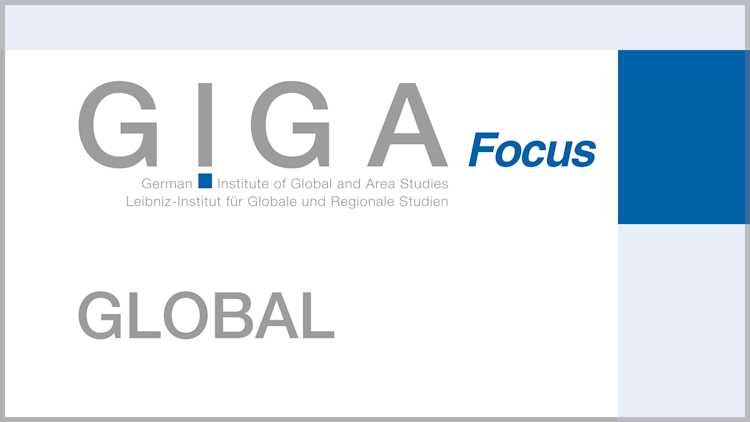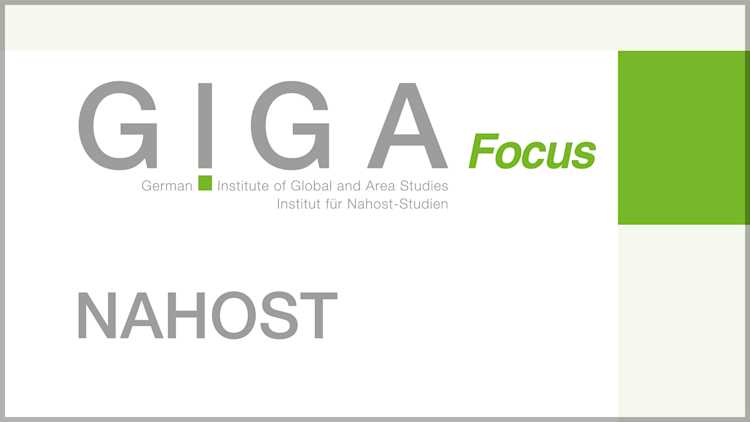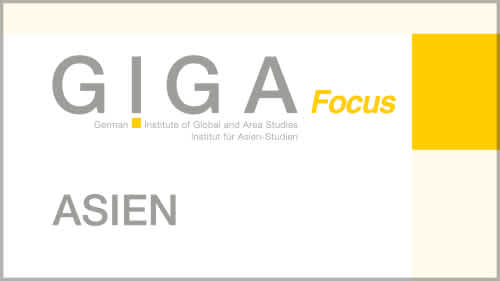- Home
- Publications
- GIGA Focus
- Afghanistans Nachbarn und die Drohkulisse der "Null-Option"
GIGA Focus Global
Afghanistans Nachbarn und die Drohkulisse der "Null-Option"
Number 2 | 2014 | ISSN: 1862-3581
Bis Ende 2014 sollen alle Kampftruppen der International Security Assistance Force (ISAF) aus Afghanistan abgezogen werden. Die USA und Afghanistan konnten sich bisher nicht auf ein bilaterales Sicherheitsabkommen einigen, das den Verbleib westlicher Truppen zur Ausbildung und Terrorbekämpfung nach 2014 regelt.
Analyse Die Drohkulisse der „Null-Option“ und die allgemeine Unsicherheit über die Zukunft Afghanistans prägen das Verhalten der Staaten in der Region. Alle Akteure versuchen auf unterschiedlichen Wegen, ihren Einfluss auszuweiten. Gleichzeitig testen sie verschiedene regionale Dialogformate über die Zukunft Afghanistans aus. Obwohl alle Staaten in der Region ähnliche Befürchtungen zur Sicherheitslage nach dem Abzug der Kampftruppen haben, kam die Bildung funktionierender Formen regionaler Sicherheits-Governance bislang nicht zustande.
Pakistan würde am meisten unter einer Destabilisierung Afghanistans leiden, bleibt aber Afghanistans schwierigster Nachbar und engagiert sich am wenigsten für eine Stabilisierung des Landes. Teile des pakistanischen Establishments nutzen weiterhin radikale islamistische Gruppen für ihre Zwecke und wollen ihren Einfluss auf Afghanistan ausweiten.
Indien bleibt ein zögerlicher Partner, der sein Engagement auf den Bereich des Wiederaufbaus beschränkt und keine Führungsrolle bei der Suche nach regionalen Lösungen übernimmt.
China sorgt sich um seine Investitionen in Afghanistan und baut sein diplomatisches Engagement aus.
Die neue Dialogbereitschaft Irans bietet Potenziale zur Kooperation.
Die zentralasiatischen Staaten sind keine homogene Gruppe und haben in Bezug auf Afghanistan unterschiedliche Interessen. Russland versucht seinen Einfluss in der Region auszubauen.
Footnotes
Regional Institutes
Research Programmes
How to cite this article
Destradi, Sandra (2014), Afghanistans Nachbarn und die Drohkulisse der "Null-Option", GIGA Focus Global, 2, Hamburg: German Institute for Global and Area Studies (GIGA), http://nbn-resolving.de/urn:nbn:de:0168-ssoar-371412
Imprint
The GIGA Focus is an Open Access publication and can be read on the Internet and downloaded free of charge at www.giga-hamburg.de/en/publications/giga-focus. According to the conditions of the Creative-Commons license Attribution-No Derivative Works 3.0, this publication may be freely duplicated, circulated, and made accessible to the public. The particular conditions include the correct indication of the initial publication as GIGA Focus and no changes in or abbreviation of texts.
The German Institute for Global and Area Studies (GIGA) – Leibniz-Institut für Globale und Regionale Studien in Hamburg publishes the Focus series on Africa, Asia, Latin America, the Middle East and global issues. The GIGA Focus is edited and published by the GIGA. The views and opinions expressed are solely those of the authors and do not necessarily reflect those of the institute. Authors alone are responsible for the content of their articles. GIGA and the authors cannot be held liable for any errors and omissions, or for any consequences arising from the use of the information provided.






